A garden is certainly a blessing that brightens up our lives; provides us with a source of natural beauty and tasty food. Nevertheless, every enthralled gardener can come across some or the other blunders that deter the growth of their garden. A gardener could be a beginner or an expert and knowing these basic mistakes could just save one from a lot of time, money, and energy. In the article, the author has listed ten common mistakes that gardeners make with recommendations on how to avoid them.
1. Overwatering or Underwatering
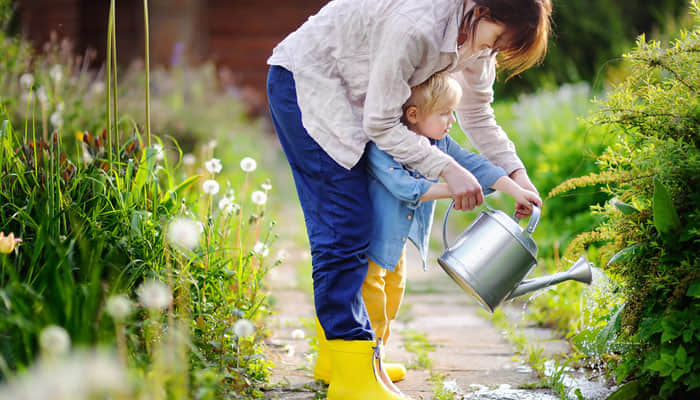
Irrigation is critical, while moderation is crucial when it comes to the practice. Too much water is bad for the plants since it can drown the roots hence rotting them, whereas, water is also equally a problem since it starves the plants hence making them weak.
How to Avoid:
- Water the plant only if the soil seems very dry. In other words, if the top inch of soil is dry, the plant needs a drink and the water is best applied at the base of the plant.
- It is best to water the plant heavily but less often so that the roots will develop well.
- They should build a protective border using mulch because it helps in the retention of moisture in the soil.
2. Planting in the Wrong Spot
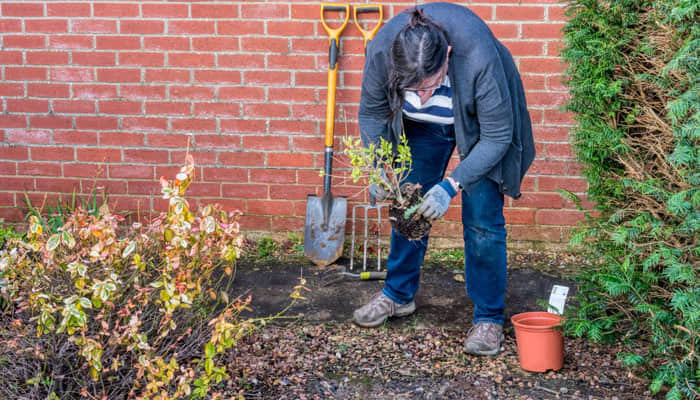
All plants require sunlight, soil, and space, but the characteristics of sunlight, type of soil and space required vary depending on the type of plant. In some cases, someone can place a plant that probably needs sunlight in a shady area and the growth of that plant will be affected.
How to Avoid:
- Some of the plants may require different conditions before being planted, therefore, research on their needs.
- Be keen to record how your plants are situated in your garden and this will help you understand how sunlight affects your plants or the area you intend to plant and the type of soil in that area.
- General grouping of plants should be done based on the condition that they need to be cultivated.
3. Ignoring Soil Health
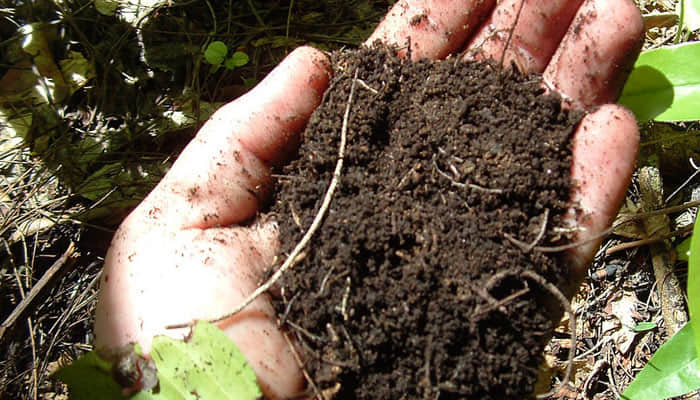
Soil is one of the most important components of every garden. Sodicity as a property of poor soil causes the plants to be weak hence making them prone to diseases.
How to Avoid:
- Take a soil sample to develop knowledge of the pH level and nutrient status of the soil.
- It is also necessary to aerate the soil by incorporating such things as compost to enhance the fertility of the soil.
- This is a very vital farming strategy because it helps in minimizing the exhaustion of the soil.
4. Planting Too Early or Too Late
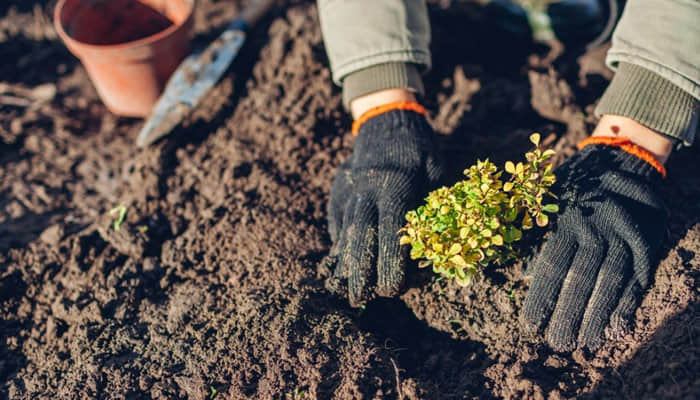
Gardening is sensitive in terms of time as plants and flowers have their own time of the day that is best for them to be worked on. Early planting is also disadvantageous since the early plants are likely to be affected by frost while the late planting hinders the young plants from fully maturing.
How to Avoid:
- It is advisable to learn your first and last frost dates and adjust the planting of your crops to the appropriate season.
- Sow seeds indoors, if growing is to be prolonged into the next season, depending on the area to be cultivated.
- Planting rules should be observed depending on the packet or label of seeds being used.
5. Overcrowding Plants
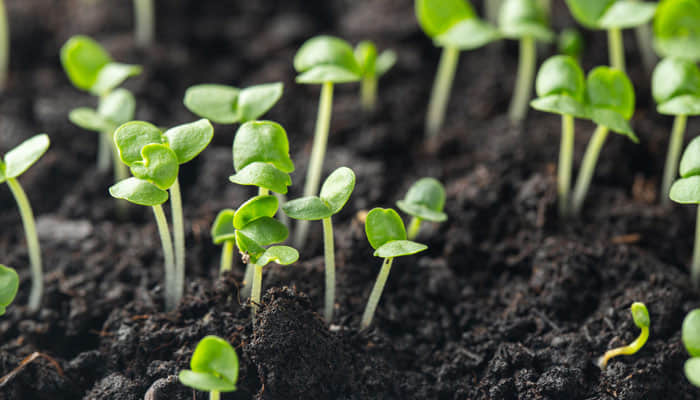
Plants that are planted close together are bound to fight for the available resources and this hampers growth, besides, the crowded plants are prone to diseases than the ones planted with some distance.
How to Avoid:
- Spacing of plants should be in compliance with the recommendations about each plant.
- Thin young plants to allow proper space because they are desirable when grown thick.
- Then try to arrange your garden in such a manner that there will be sufficient space between plants to grow when they are fully grown up.
6. Neglecting Pest Control

Garden pests are very dangerous especially if they have infested the garden without the owner’s knowledge.
How to Avoid:
- Check your garden often to see if there is evidence of pests.
- Avoid using highly chemical based pesticides; where possible, use non-chemical methods such as the use of natural enemies or release of organic pesticides.
- Install features that would support the existence of biodiversity as a way of attracting natural predators.
7. Failing to Prune
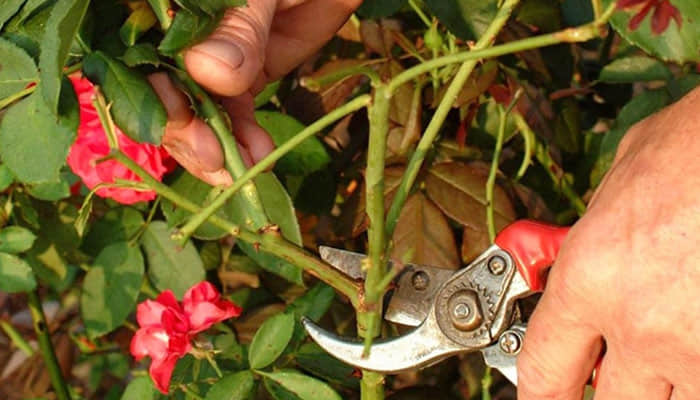
Trimming is helpful in foliage growth and stimulates the production of more flowers, but this process leaves many gardeners indifferent.
How to Avoid:
- It is also necessary to know how to prune specific type of plant.
- Trim when the plant is not going through any new growth in order to avoid causing harm to it.
- Prune the tree and eliminate all dead or diseased branches as soon as possible.
8. Using the Wrong Fertilizer
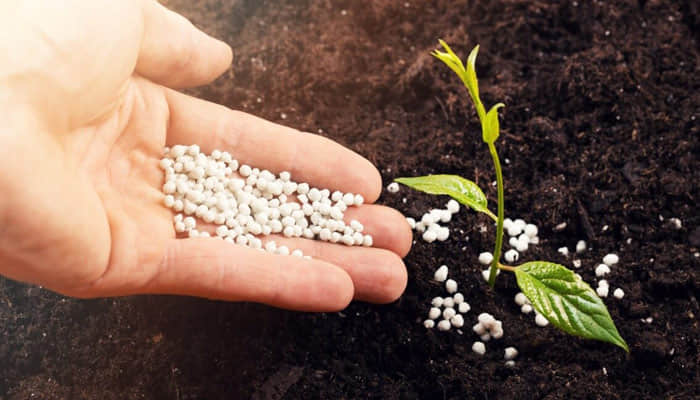
Thus, the use of fertilizer cannot cover all the aspects based on the fact that all fertilizers are not the same. Failure to use the right type may prove disastrous to your plants.
How to Avoid:
- Select an appropriate fertilizer for your plants and the soil type of the garden.
- To not overdo the vegetation with the nutrients, adhere to the recommended chemical application rates.
- It is preferred to use organic fertilizers for your garden since they are environment friendly.
9. Ignoring Weather Conditions

You will notice that factors such as weather will have a huge impact on the kind of garden that you are growing. If the conditions of the exterior environment are not considered, stressing the plants and their damage may occur.
How to Avoid:
- Watch out for any adverse weather conditions such as very hot, cold, rainy, and windy conditions and shield the plants from such harsh conditions.
- Row covers, shade cloth or windbreaks should be used as necessary.
- Irrigate your water plants during the dry seasons and avoid water logging when it rains.
10. Lack of Garden Planning

For higher production and easy maintenance, it is better to plan the layout and design of the garden properly.
How to Avoid:
- One should make a sketch of the garden before planting.
- This is because one should also take into consideration the height of plants, their periods of flowering, and the colors.
- Succeeding planting should be planned, to ensure that your garden continues to yield during different seasons.
Conclusion
Gardening is a process of obtaining knowledge. If you properly avoid the grafting mistakes outlined above, you will be in a position to grow beautiful and fruitful garden. So, every worker isn’t perfect, the same with me, but if we see and learn how we can avoid wasting our time and how we can improve our garden, we always can turn our garden as beautiful and useful place for us.
